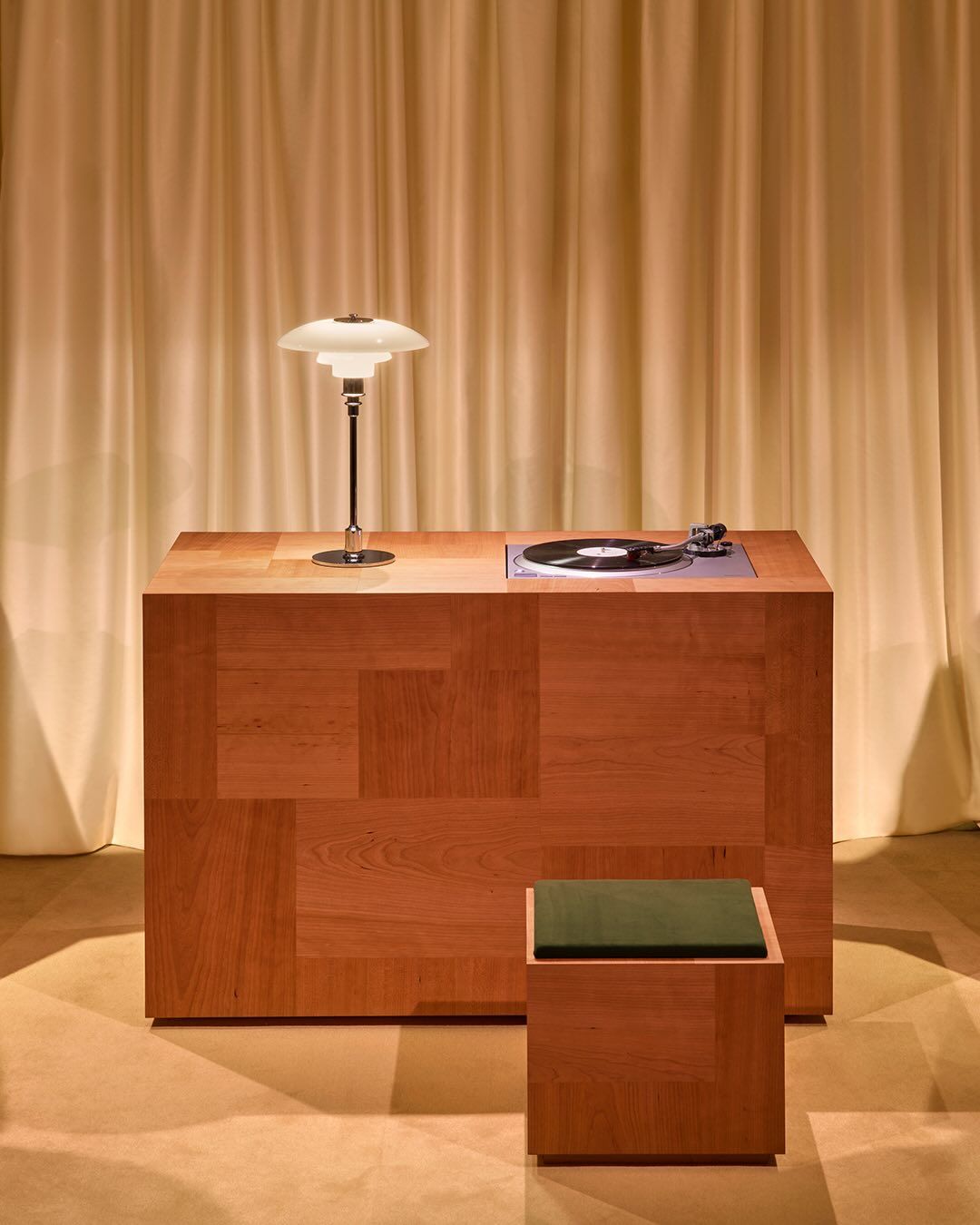
Virgil Abloh spoke out against a brand from Barletta By relaunching his quote on the death of streetwear
Despite his busy schedule between Off-White and Louis Vuitton, it seems that Virgil Abloh has found the time to take a few pebbles off his shoe. On his IG Stories, Abloh sent a not very cryptic message to Barrow, the Italian brand worn by Chiara Ferragni and Sfera Ebbasta up to Miley Cyrus and Lil Nas X. The incriminated story is a screenshot of an article, published by WWD that mentions Abloh and his famous quote about the death of streetwear, using it to certify the success of the brand and its turnover of 5 million euros in just eight months. The brand, born from the collaboration with Valerio Coretti and Federico Barengo, aims to reach 40 million in turnover by 2021, a result possible thanks to the success also certified by the agreement signed with Farfetch. Leaving aside the real relevance of Barrow in the streetwear world, what is striking is seeing the name of the creative director of Louis Vuitton take it out on a newborn minor brand apparently without reason: in fact, the real reason behind Abloh's story is not to relaunch his quote but to reopen an old diatribe that has been going on since the Pyrex times between him and streetwear made in Barletta.
Many don't know that behind Barrow there's in fact Manifatture Daddato Spa, a historic Apulian textile company based in Barletta that in its network the licenses of Diadora, as well as the kids' lines of MSGM, Alberta Ferretti and Neil Barrett. It's one of the companies part of the textile sector of BAT (a triangle between the cities of Barletta, Andria and Trani) which represents one of the most important production centres of Italian textiles and which has now been converted to streetwear. Among the new brands that emerged in the last few years, Pyrex Original - produced by Modaeffe - is perhaps the one that has met the greatest success, even though its origins are not crystal clear: the trademark was regularly registered in Italy and in Europe in conjunction with the end of Pyrex Vision, the brand founded by Virgil Abloh.
It was 2012 when, well before launching Off-White, Abloh had founded Pyrex Vision by buying a stock of Ralph Lauren apparel for $40 and managing to resell it for $550. Thanks to his friends and family selling model, those tees and hoodies with Caravaggio's works prints on them, along with the number 23, soon became a cult object in a still immature streetwear world. However, the success of Pyrex Vision lasted just a year: not being able to register the name Abloh decided to close the brand and found Off-White in Milan. It's difficult to place the birth of Pyrex Original, but what is certain is that the products had and still have a certain resemblance to what Abloh produced at the time. Furthermore, it's now clear that between 2012 and 2014 some companies in the BAT area gave rise to the phenomenon of Legit Fake, the most striking case of which was Supreme Italia, produced by IBF International. On Pyrex Original, however, there have never been any open legal proceedings and Abloh has never directly addressed the story publicly, despite repeated requests for comment.
Judging from the Stories posted yesterday, however, it seems that Abloh hasn't forgotten about this, never who took the first opportunity to send a message to Daddato. But as much as Virgil Abloh's annoyance is understandable, a different attitude is expected from a name of his stature. Furthermore, his quotes and vision on streetwear are increasingly taking an elitist turn, as if those who weren't part of the right circle were not entitled to create products and sell them on the market using the same marketing techniques coined by the hype generation of which Abloh s the most representative personality. Furthermore, Streetwear - as Abloh understands it, the OG one - has made cultural appropriation - both in an ironic or less ironic way - one of the pillars of its growth, it's therefore inconsistent that it's Abloh himself who is talking about this theme. Barrow is an original brand in all respects and if it was right to condemn the legit fake trend launched in Barletta, it's not great to use one's media position and fame to discredit a company and a brand with an important history in Southern Italy that creates and sells products in a legitimate way.



















































